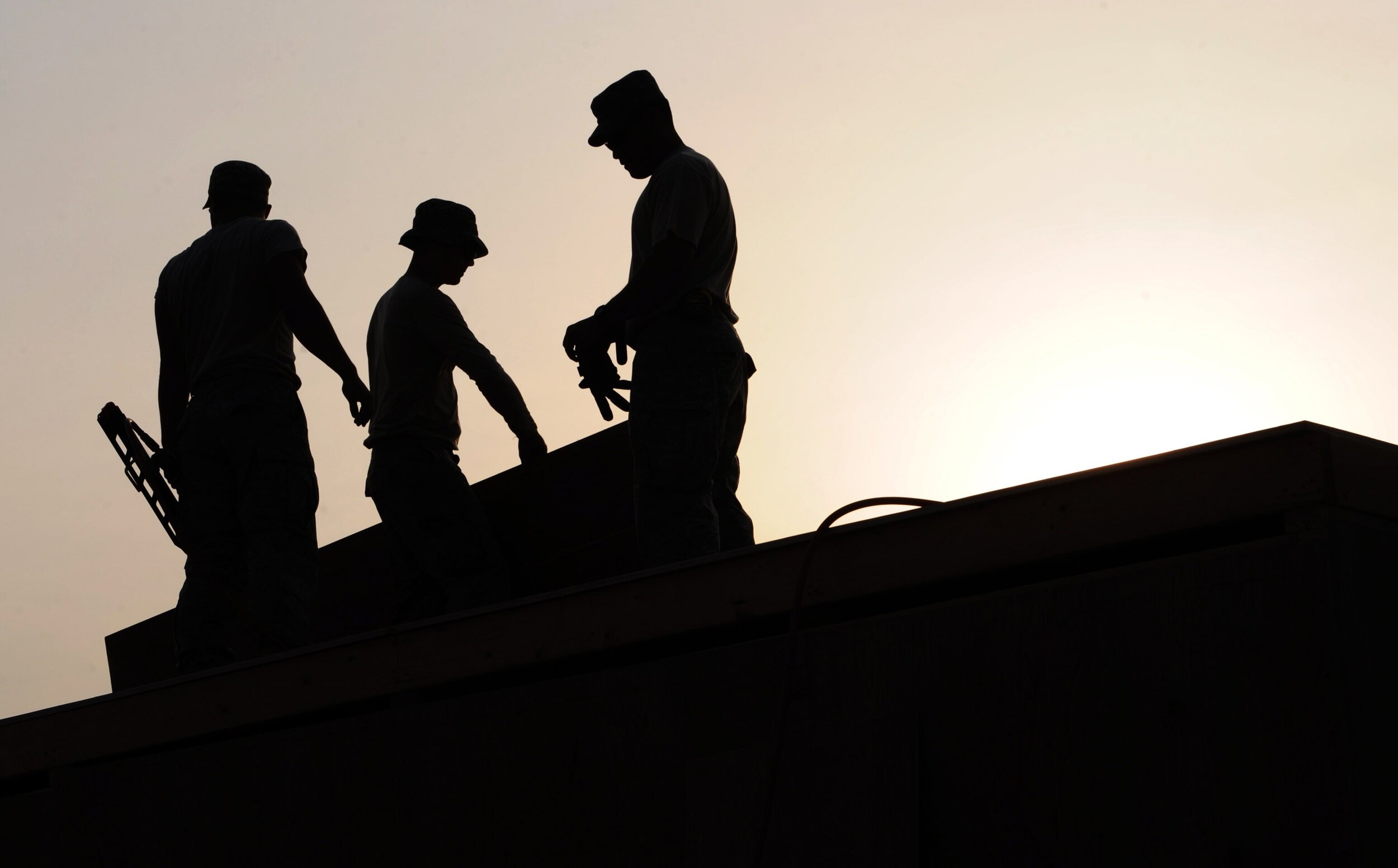
This Labor Day, Hawaiʻi’s workers need more help than ever
Hawaiʻi’s workers keep our state and economy going through good times and bad. This upcoming Labor Day, they desperately need support to weather what’s become a storm of record unemployment.

Appleseed COVID-19 response will focus on assisting state in managing social safety net programs
During this crisis, Appleseed’s concern lies with the working families and children of Hawaiʻi.

Too many Hawaiʻi seniors are still going hungry
Although Hawaiʻi has made strides to address hunger in recent years, thousands of seniors are still at risk of experiencing hunger across the islands.

No cause for panic: Hawaiʻi’s economy is OK
A quarter of slow growth is no reason for lawmakers to forgo important economic justice measures like raising the minimum wage.
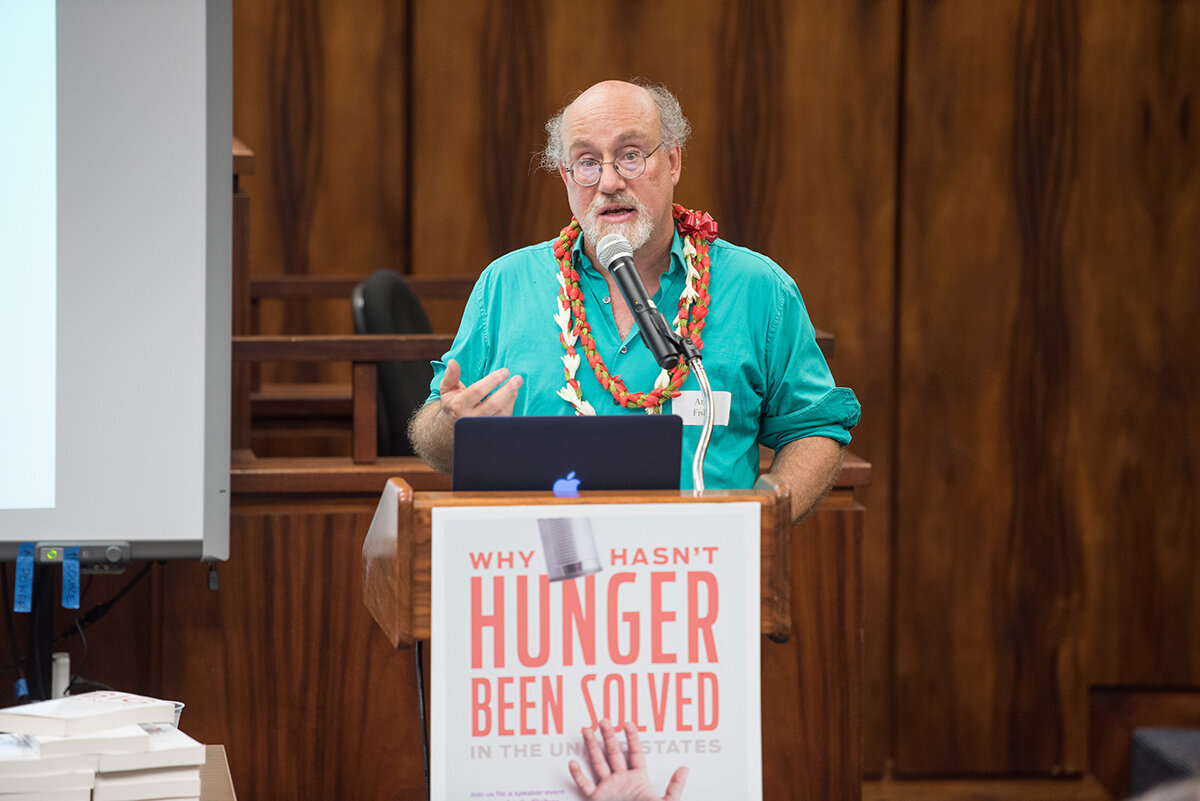
“Occupy Hunger,” urges food justice advocate Andy Fisher
Our current system of addressing hunger in the U.S. overlooks the root causes of food insecurity—inadequate wages and community disinvestment.

Protecting SNAP benefits for Hawaiʻi’s working families and seniors
The Trump Administration is floating a proposed rule change that would take away food assistance benefits from struggling families.

50 years in the fight for equal justice
Victor Geminiani, founding director of Hawaiʻi Appleseed and career advocate for low-income and underserved communities, will retire on August 31, 2019.

Honolulu just moved to the forefront of vacation rental regulation
After 30 years, the county finally has the tools it needs to stop the proliferation of illegal short-term rentals.

Enforcement of vacation rental regulations would restore balance
More than one out of every 20 housing units statewide is now offered as a vacation rental; in some communities, as many as four out of every 10 housing units have been converted into STRs.

Appleseed announces 2019 policy agenda
After months of research spent examining these critical issues, this agenda prioritizes efforts for maximum benefit to the community at-large.

Public charge rule change would hurt Hawaiʻi’s economy
Not only would the proposed rule change adversely impact the standard of living of Hawaiʻi’s immigrant families, it would also harm Hawaiʻi’s overall economy.

After school supper is a big missed opportunity in Hawaiʻi
Only 182 Hawaiʻi children benefited from after school suppers on an average weekday in 2017, according to a new report from the Food Research and Action Center.

Official poverty data obscures the reality faced by many Hawaiʻi residents
If you hear Hawaiʻi has one of the lowest official poverty rates in the nation, remember that doesn’t take into account our highest-in-the-nation cost of living.

Hawaiʻi state budget highlights, 2017–19
Hawaiʻi’s budget is the blueprint for our current and future prosperity, and is an economic engine in itself, making up 20 percent of the state’s gross domestic product.

Coming soon: The Hawaiʻi Budget and Policy Center
Hawaiʻi Appleseed is creating a new think tank focused on research and analysis of state budget and tax policy—the Hawaiʻi Budget & Policy Center (HBPC).
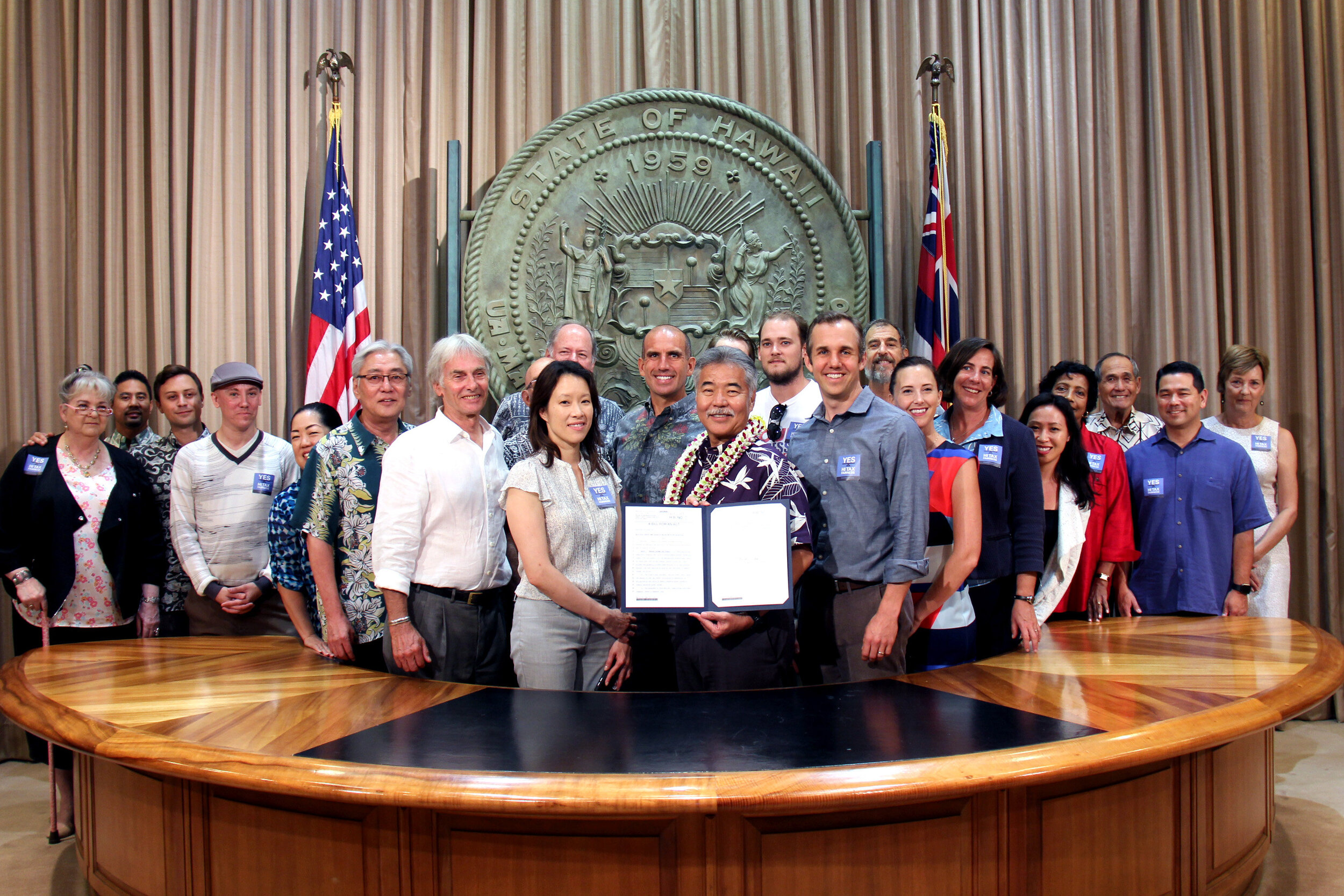
Governor Ige signs HB209, a win for working families and children
With this new law, Hawaiʻi joins 28 other states and Washington D.C. in offering a state-level EITC to help working families keep more of their earnings.
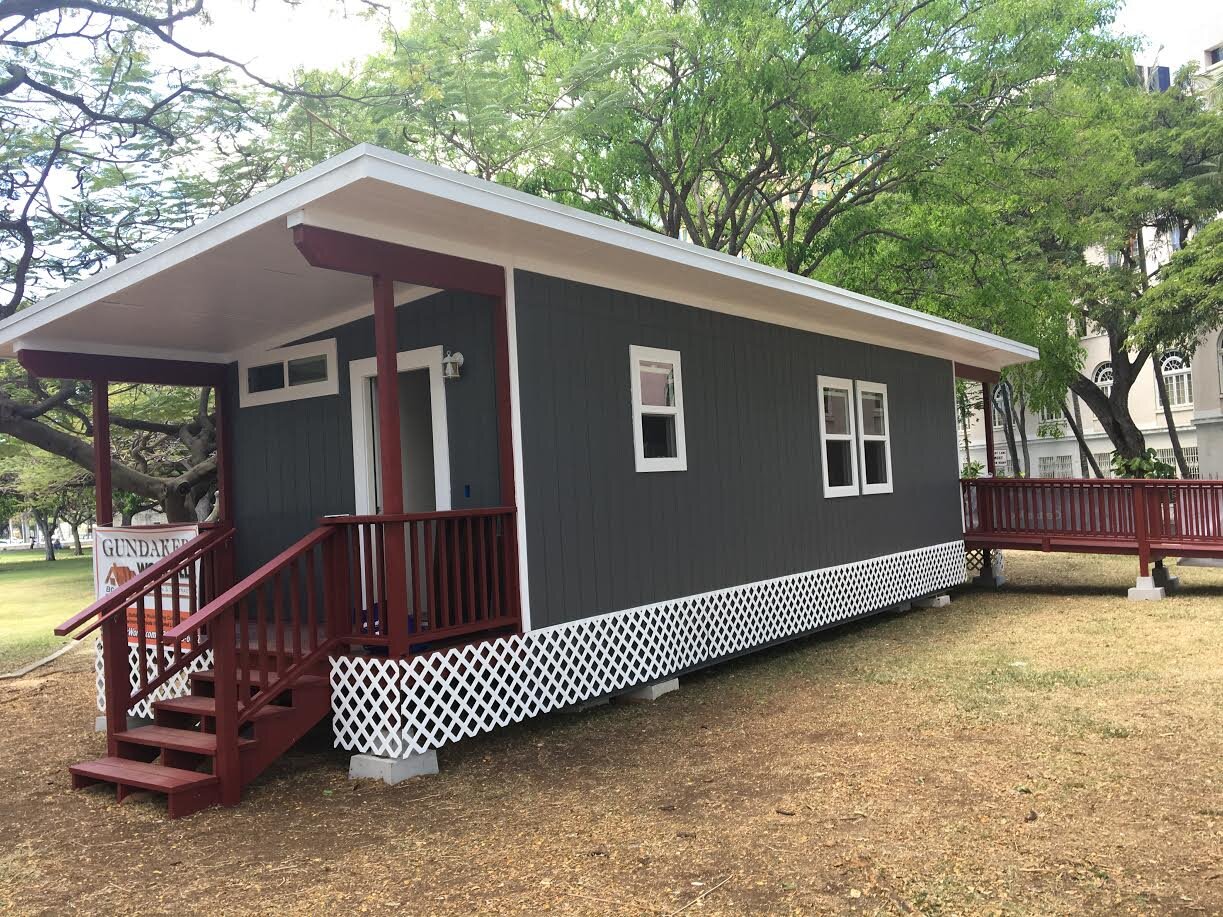
ADU demo draws hundreds of visitors
The 10th-annual Build-a-Thon included a model accessory dwelling unit (ADU), a small dwelling that can be built on single-family properties.

Hawaiʻi bill will create historic new working families tax credit
Rep. Scott Saiki called passage of the bill the “most consequential work in the last few years to reduce poverty and Hawaiʻi’s high cost of living.”
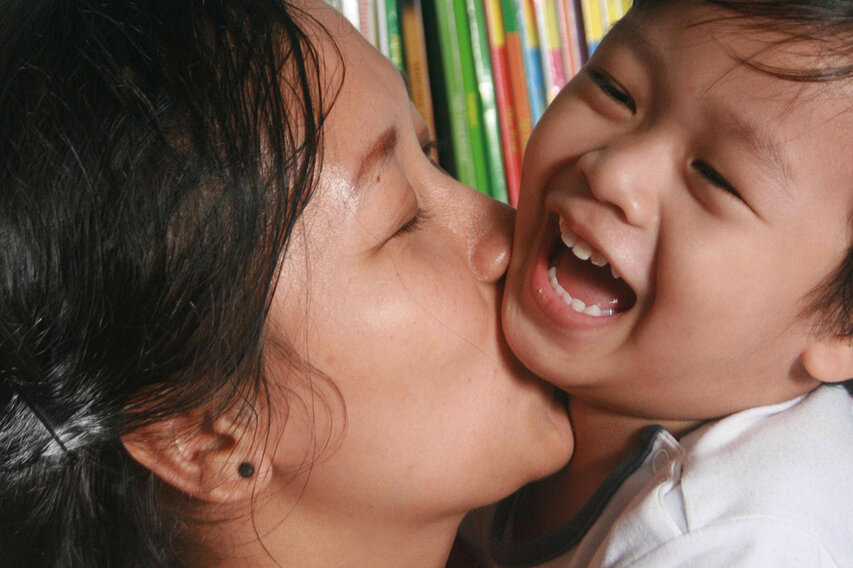
Report emphasizes need for Hawaiʻi working family tax credit
Report highlights the financial situation of Hawaiʻi residents and their opinion of tax credits that would let low-income workers keep more of what they earn.

Appleseed releases 2016 State of Poverty report
The report brings together the most recent available data to provide a snapshot of how low-income residents have fared after the economic recovery from the Great Recession.
